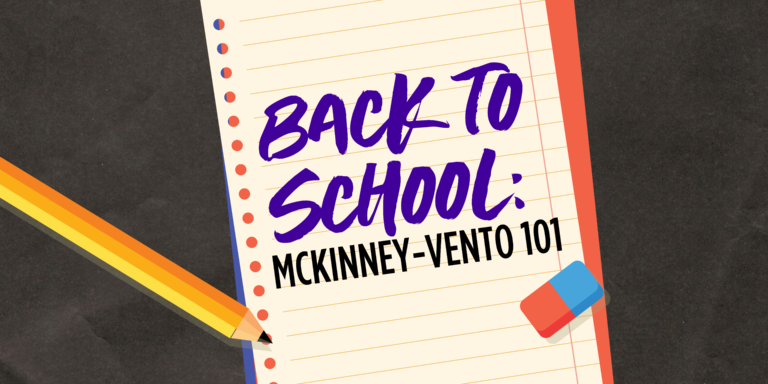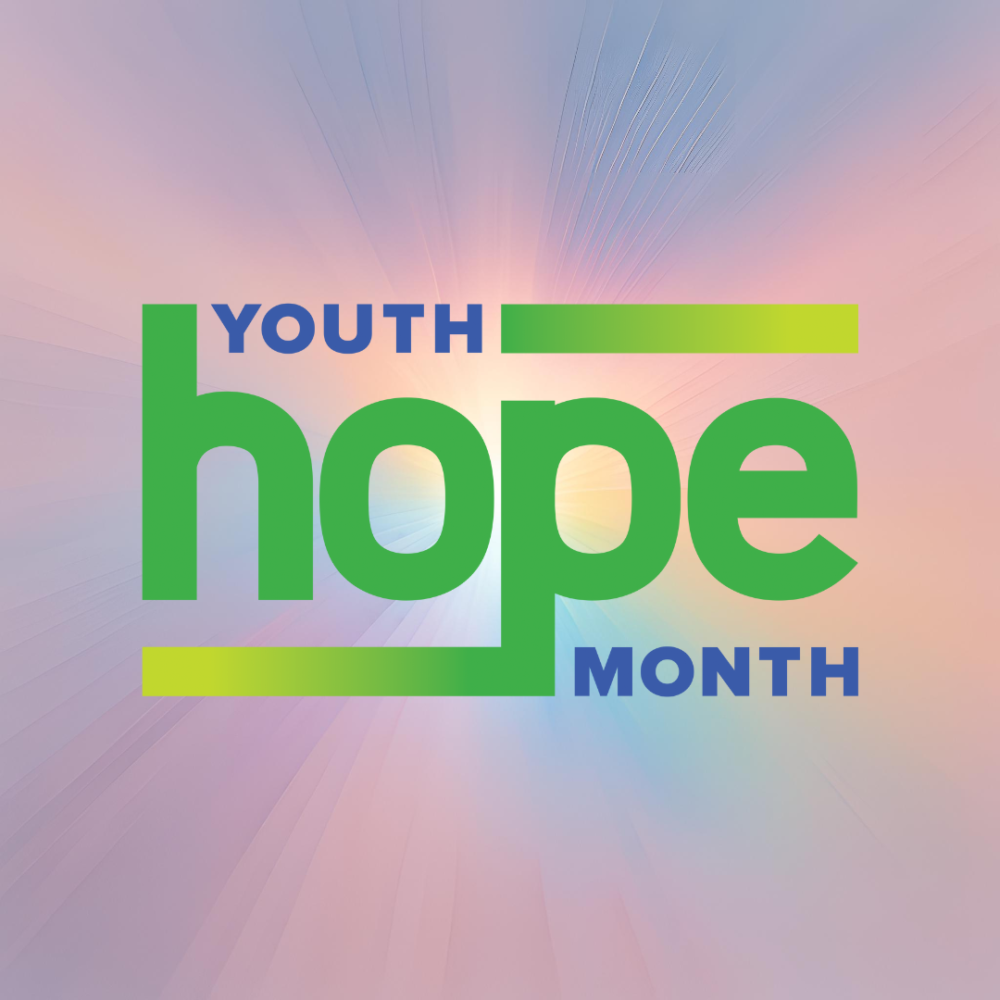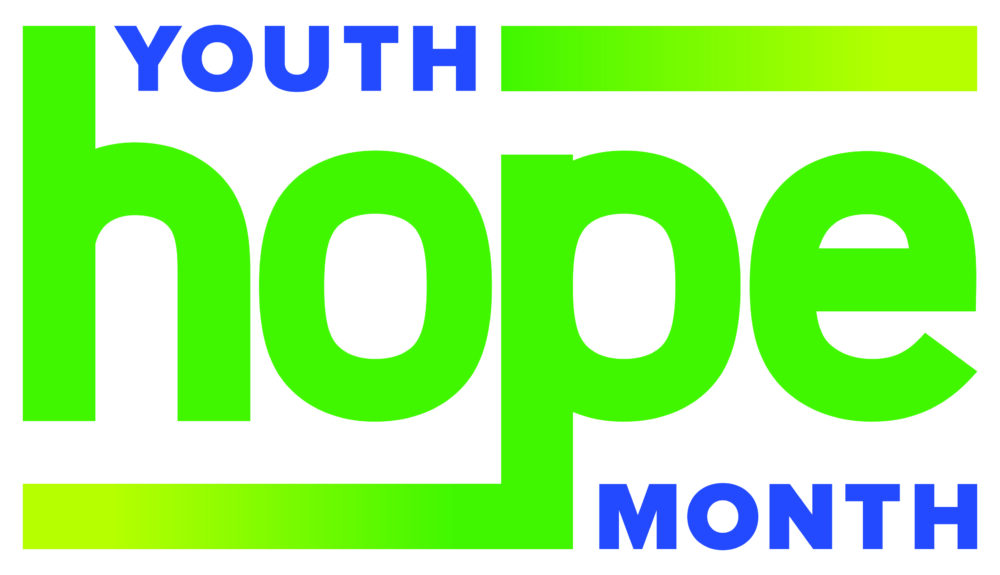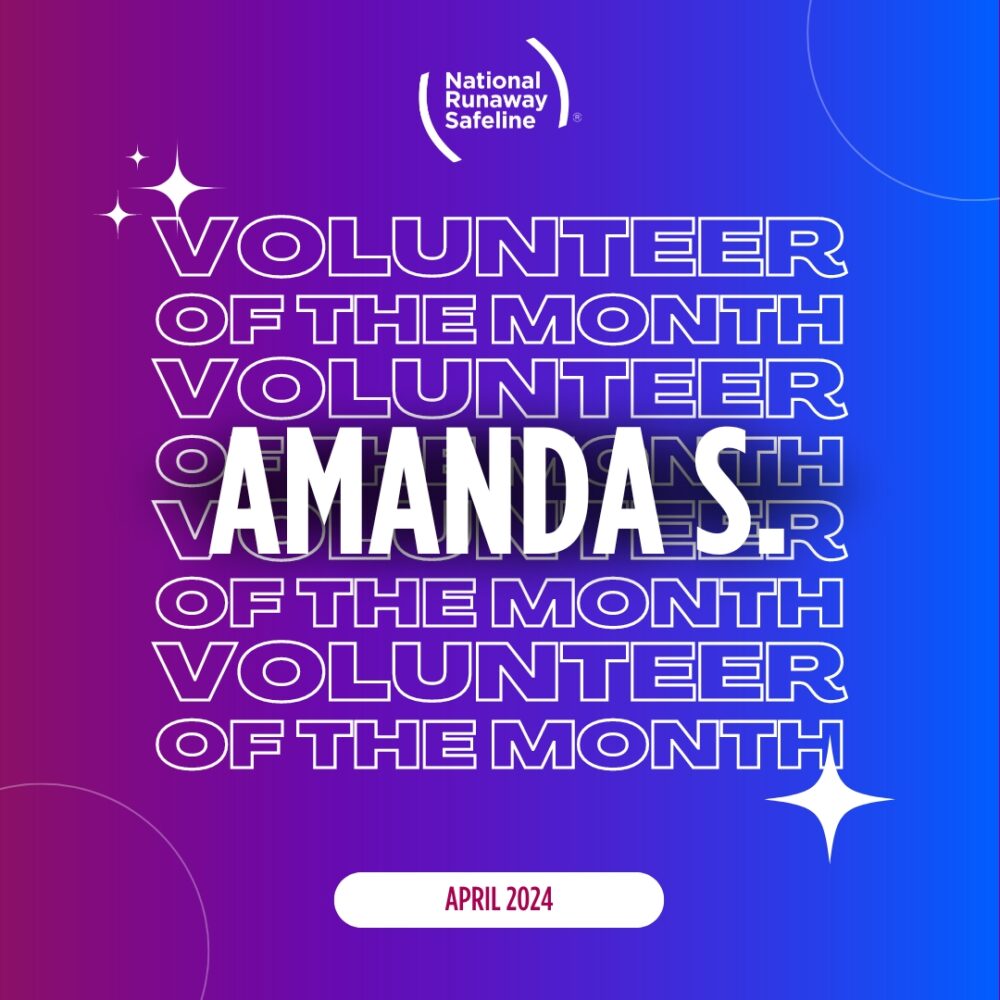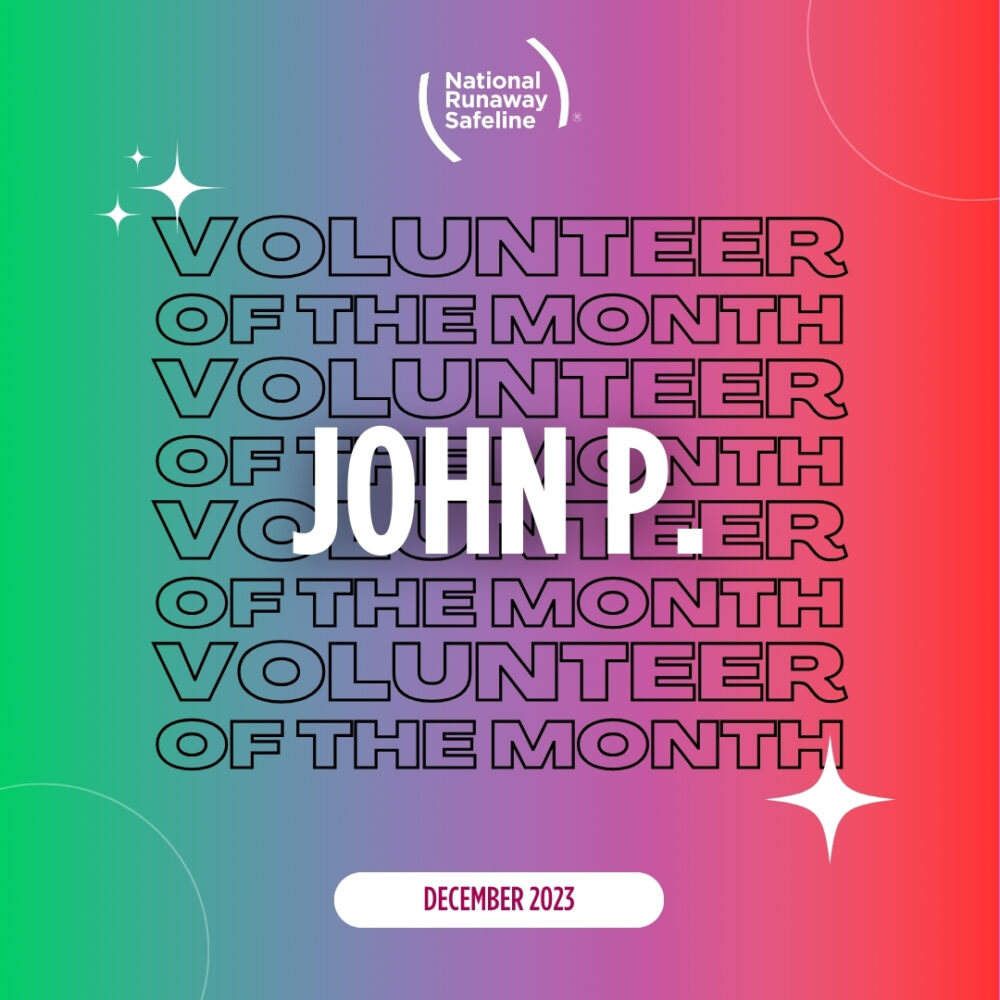Going back to school can bring about a range of emotions for any student. For students who are lacking a stable residence, it can intensify feelings of anxiety, fear, or avoidance. To make this time easier on your mental health, it can help to familiarize yourself with resources that might be available to you.
Every student experiencing homelessness in the United States is entitled to the same access to education as their housing secure peers. The McKinney-Vento Homeless Assistance Act is federal law that protects this right.
If you are a student without a consistent living situation, keep reading to learn more about The McKinney-Vento Act and how it applies to you.
I think I am McKinney-Vento eligible, but how do I get connected to supports in my school district?
The McKinney-Vento Act requires every educational agency (school district, charter network, etc.) to have a designated staff member who works as a McKinney-Vento Liaison. This person is responsible for identifying students in their school who might be experiencing homelessness, ensuring that these students are enrolled and have equal access to education, coordinate transportation, and help qualifying students and families connect to supportive programs.
To find out who your McKinney-Vento Liaison is, you can call your district and ask to speak with them, or find a directory list on your state’s Department of Education website. Check out this resource page from SchoolHouse Connection for more information!
If I or my family is considered McKinney-Vento eligible, do we qualify for services from other agencies?
This is a more complicated question. McKinney-Vento eligibility is determined on a student’s housing situation, and on an individual basis. Other programs might use different definitions of homelessness, or have other eligibility requirements.
The McKinney-Vento Act, however, includes LEA preschool, Head Start, K-12 programs, school meals, special education, independent student status for unaccompanied youth, and eligibility to access financial aid for college. Speaking with your McKinney-Vento liaison can help you understand what federal, state, and local programs you or your family may be eligible for.
Are students who are immigrants protected under the McKinney-Vento Act?
Yes! Immigrant students are covered under the McKinney-Vento Act if they are experiencing homelessness. It is important to know that this is also the case for undocumented students, who have the same right to public education as their peers with citizenship. It is illegal for school staff to inquire about a student or family’s immigration status, request immigration documents, or take an action that might prevent immigrant students from enrolling or attending school.
Do incarcerated young people qualify for McKinney-Vento protections and services?
Again, eligibility under the McKinney-Vento act is determined on an individual basis dependent upon a student’s housing situation. If a student was experiencing homelessness prior to incarceration, that student remains eligible for McKinney-Vento protections and services through the school year they became incarcerated within. If this happens, and then the student is later released during the same school year, they would remain eligible until the end of the academic year.
You can find more information about the McKinney-Vento act by clicking here. If you’re still unsure and want more direct support, reach out to NRS by clicking the buttons at the top of the screen. We can help connect you to resources via chat or phone – get in touch with us 24/7! Our job is to help you succeed, without judgement.
